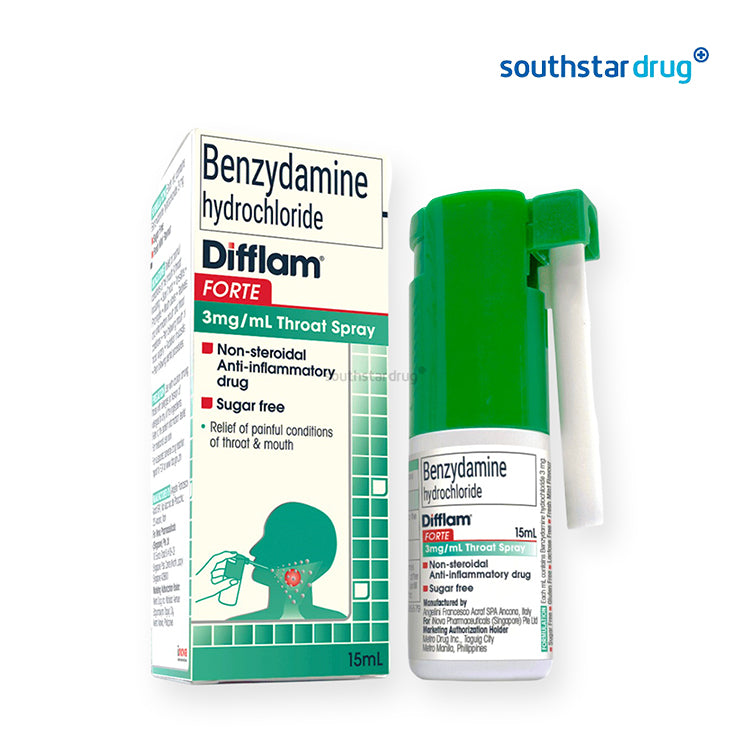Keeping the heart in good shape is one of the best things to do for overall health, which is further underscored every February, when we celebrate Valentine’s Day as well as the Philippine Heart Month.
As many would know, a well-balanced diet packed with heart-friendly foods can help lower the risk of heart disease, high blood pressure, and cholesterol problems. If you feel like you aren’t consuming enough of a heart-focused diet, making even small, simple changes in daily meals can go a long way in promoting cardiac health. Here’s what should be on every plate for a stronger heart.
- Load Up on Fruits and Vegetables
Fruits and vegetables contain lots of heart-friendly fiber, vitamins, and minerals. Leafy greens like spinach and kangkong are packed with nitrates, which help lower blood pressure. Bright-colored veggies like carrots, bell peppers, and tomatoes are full of antioxidants that fight inflammation. Meanwhile, bananas and avocados are great sources of potassium, which helps control blood pressure.
A study published in the International Journal of Epidemiology found a link between higher fruit and vegetable intakes and reduced risk of cardiovascular disease.
Tip: Include at least five servings of fruit and vegetables to your daily meals. Adding a side of steamed vegetables to meals or snacking on fresh fruit instead of junk food is an easy way to do this.
- Choose Whole Grains Over Refined Carbs
A British Medical Journal study concluded that people who consumed more whole grains like brown rice, oats, and whole wheat bread had lower risks of heart disease. Additionally, research has shown that fiber from whole grains helps reduce bad cholesterol (LDL) and lowers the risk of heart disease.
Tip: Replace white rice with brown or red rice a few times a week. For breakfast, try oats or whole wheat pan de sal instead of sugary cereals.
- Go for Healthy Fats
Not all fats are bad. In particular, omega-3 fatty acids in fish like tuna, sardines, and salmon help reduce inflammation and prevent plaque buildup in the arteries. Healthy fats from nuts, seeds, and olive oil also promote good cholesterol (HDL) and keep the heart strong.
A Journal of the American Heart Association study found that taking in 2 to 3 grams of omega-3 fatty acids daily can lower blood pressure, reducing the risk of heart disease.
Tip: Eat fish at least twice a week and swap unhealthy cooking oils with olive or canola oil. Snack on a handful of nuts instead of chips.
- Use Herbs and Spices Instead of Salt
The World Health Organization recommends keeping daily salt intake below 5 grams (about one teaspoon) to maintain heart health, as too much salt can increase the risk of heart disease and raise blood pressure.
Tip: Instead of salt, add flavor to your food with garlic, onion, pepper, and other herbs and spices. Avoid processed meats like hotdogs and bacon, which are high in sodium.
- Drink Plenty of Water and Limit Sugary Drinks
Staying hydrated helps the heart pump blood efficiently. On the other hand, sugary drinks like sodas and artificial juices can make you gain weight and increase your risk of diabetes, which is linked to heart problems.
Tip: Drink at least 64 ounces (1.9 liters) of water daily and swap sugary drinks for fresh buko juice or unsweetened tea. You can also infuse your water with fruits like lemon, lime, or orange, or even herbs like mint and basil.
- Get Enough Lean Protein
You need protein for muscle growth and overall health, but it's important to choose heart-friendly sources. Lean meats like chicken, fish, eggs, beans, and tofu are excellent options. When it comes to red meat, especially fatty cuts, consume them in moderation as they can raise cholesterol levels.
Tip: Go for grilled or steamed dishes instead of fried. Minimize red meat in your diet by replacing them with plant-based proteins like beans and lentils a few times a week.
- Add Heart-Healthy Supplements
While a balanced diet is the best way to get nutrients, some supplements can help support heart health. One study shows that CoQ10 supplementation for two years improved heart function and reduced cardiovascular-related deaths by 43% in heart failure patients. Other helpful supplements include the following:
- Omega-3 Supplements: They help lower triglycerides and reduce inflammation. Try fish oil supplements for additional heart protection.
- Magnesium Supplements: Magnesium regulates blood pressure and supports overall heart function.
Tip: Talk to a doctor before taking supplements to ensure they are safe and appropriate for your health needs.
Healthy Lifestyle Habits for a Strong Heart
A heart-healthy diet is just one part of maintaining cardiovascular health. Certain lifestyle habits also play a crucial role. For one, it’s best to limit alcohol and quit smoking. Too much alcohol can raise your blood pressure and make you gain weight, putting you at risk for heart disease. Meanwhile, smoking damages your blood vessels and reduces oxygen levels in the blood, putting immense strain on the heart. If quitting completely is difficult, reduce intake gradually and seek support from health professionals and your support circle.
You should also engage in physical activity to keep your heart on an even keel. Even 30 minutes of daily moderate physical activity, like brisk walking or biking, can help lower blood pressure and keep the heart strong.
Some simple ways to get some exercise include taking the stairs instead of the elevator, walking or biking for short trips, and finding enjoyable activities like dancing or playing sports to stay active.
Take Charge of Your Heart Health Today
Eating for a healthy heart doesn’t have to be expensive or complicated. Simple changes and mindful choices can go a long way in keeping the heart in top condition. Including more whole foods in your diet, drinking enough water, and getting some daily exercise are easy steps anyone can take.
Visit Southstar Drug today for more tips, heart-healthy products, and supplements. It's the first step toward better heart health!












